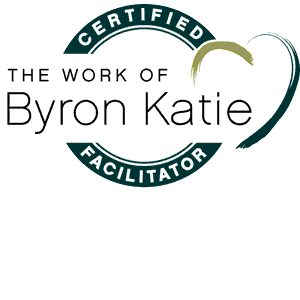
I’ve always found the peekaboo stage of development fascinating in babies. Right around a year, they’re so easy to entertain with no props but a blanket or scarf. Developmental theorists have a lot to say about what they’re learning, things like fear of abandonment by adults or “object permanence.” First lesson: People go away and then come back. I’m safe. Second: Things (and people) exist even when I can’t see them. I’m guessing it was hysterically funny when my mother played it with me as an infant, but I can’t say that I remember it.
But who knew it’s a lesson that deepens over time? My mother is coming and going now, mostly going. Sometimes when I get in her visual frame and wave she doesn’t see me…or anything outside of her, apparently. Then I move a few feet and come back and there’s instant recognition.
I’m no longer disarmed by this. Our roles have shifted in this “Now you see me, now you don’t” relationship. The other day I greeted her without a reaction. Then I walked around her back and waved again as I sat down by her other side. She grabbed my hand and said “Did I ever tell you what a beautiful child you were?” I was stunned. This is the first sentence she had put together in three months. (And although I’m not sure she had ever told me, I’ve never needed or even thought about that subject.)
I have so many questions about this late life peekaboo. On the top of the list is: who is it who sees me, who remembers to say things, when her brain is obviously so scrambled from her stroke that she strains mightily to just utter a word?
My mind has finally given up trying to make sense of it because at one level it makes perfect sense. There’s a way she and I connect that is beyond words. It has always been like that.
AND there’s something very familiar about the way our minds work. When I pay close attention to all the places my mind comes and goes (Oh! The places it goes), I see my non-stroked mind is much the same. It cycles in and out of thoughts, creating a trance of its own making. Past. Future. Fears. Things to solve. It’s an ongoing practice to call it back to the current moment.
It’s so sweet to have this in common with my mother. We have minds that are simply not trustworthy. Without relying on our minds for connection, the game is over. What’s left is deep, soulful, and simple. For want of a better word, I’ll call it love. Straight up.

